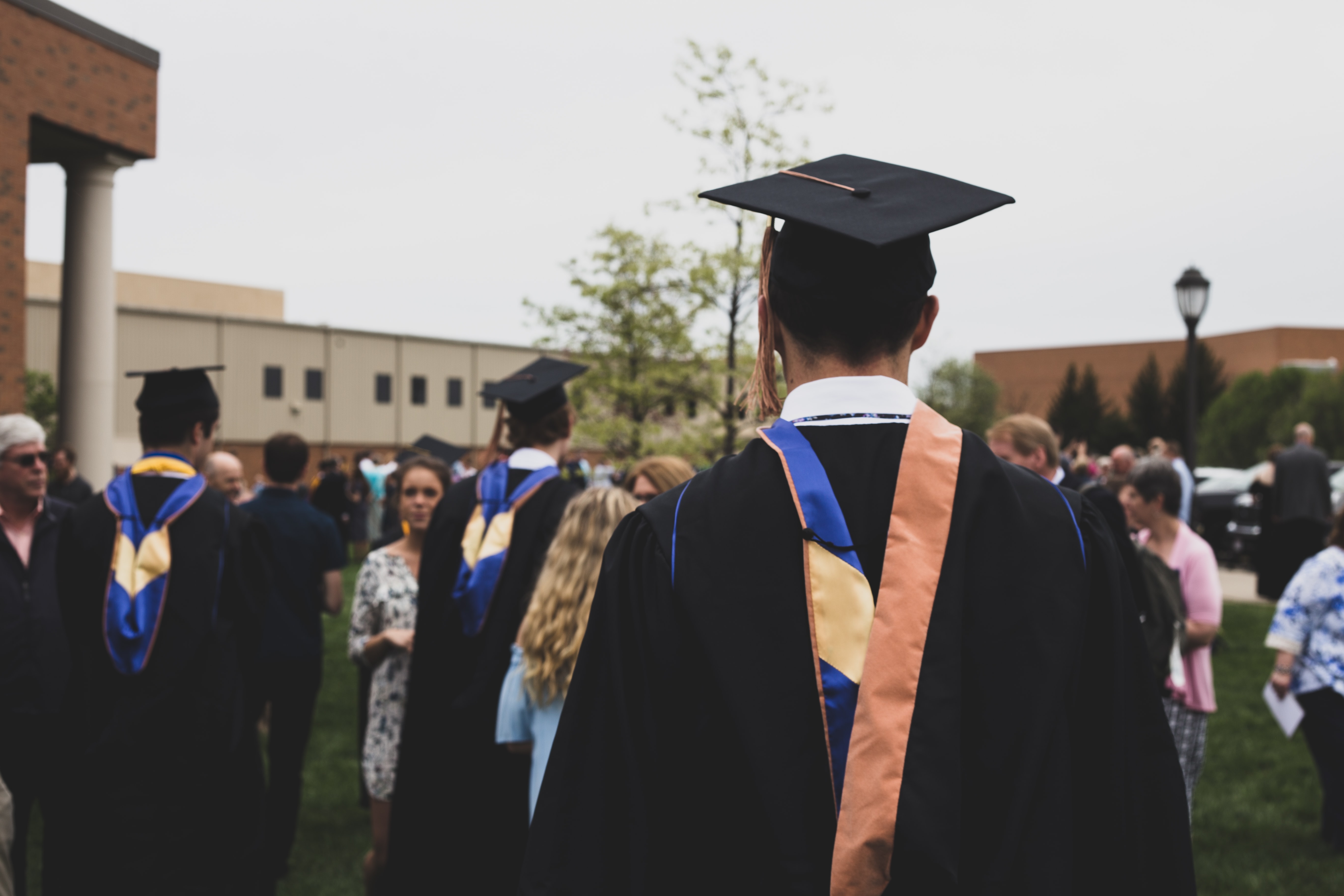Should race play a factor in the college admission process?
Affirmative action has been in place for decades, but the policy is now up for debate, and the Supreme Court is preparing to decide if it should become illegal nationwide. This is already the precedent in some areas of the country, including Arizona, California, Florida, Idaho, Michigan, Nebraska, Oklahoma, and Washington. These states have already outlawed using affirmative action when making admission-related decisions.
But if it becomes illegal everywhere, then what? Will it negatively affect Black high school students who have their eyes on higher education?
Here are two interesting bits of data to point out:
WITH affirmative action policies in place in most states, “very little progress has been made since 2000” in terms of public colleges that are still inaccessible for Black and Latino undergraduates, according to this nonprofit Education Trust report. In fact, the percentage of Black students has decreased “by nearly 60% at the 101 most selective public colleges and universities.”
WITHOUT affirmative action policies in place – as in the case of the University of Michigan and the University of California, Black student enrollment is exceedingly low. Out of the 6,981 Freshmen entering Berkeley in 2021, just 258 were Black students. Despite the college’s efforts to reach out and build a diverse student body (and spending millions of dollars), their efforts have been in vain.
Obviously, these two studies don’t represent the issue as a whole – but perhaps it points to the more significant (and more honest) problem. Why does it continue to be so difficult for Black students to gain enrollment into selective colleges and universities?
Could it be that the rising surge in popularity of HBCUs over the last few years has naturally lessened interest in attending these other schools in the first place?
Could it be that these colleges and universities are influenced by endowments and donations of their wealthy alums or give preferential treatment to legacy applicants? (Both processes contribute to a cycle of privilege and exclusion.)
Or could it be the disparities of a public education system that too often underfunds and overlooks the needs of low-income, predominantly Black and brown neighborhoods, meaning they don’t have the grades or requirements needed to attend these colleges in the first place?
We don’t know which way the Supreme Court will lean. What we DO know is that conversations, learning, experiences, and decisions are made all the better when they are done from a place of diversity and inclusion. Whether it’s through Affirmative Action policies, better funding, or better and accessible school systems – at the end of the day, everyone should have the opportunity to attend the college or university of their choice so they can meet people outside of their bubble or community, be challenged by other’s experiences, and learn from other people’s stories.
Tell us your thoughts. Do you think AA will be made illegal? How do you think this will affect the prospects for Black students in the future?

